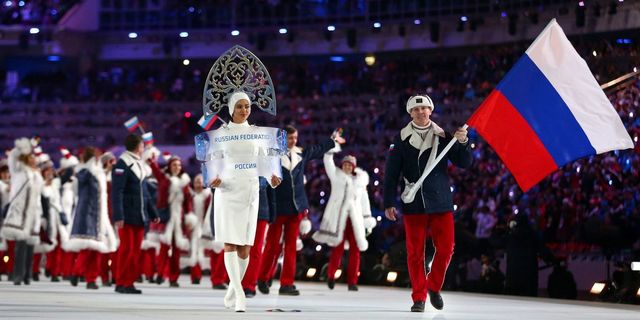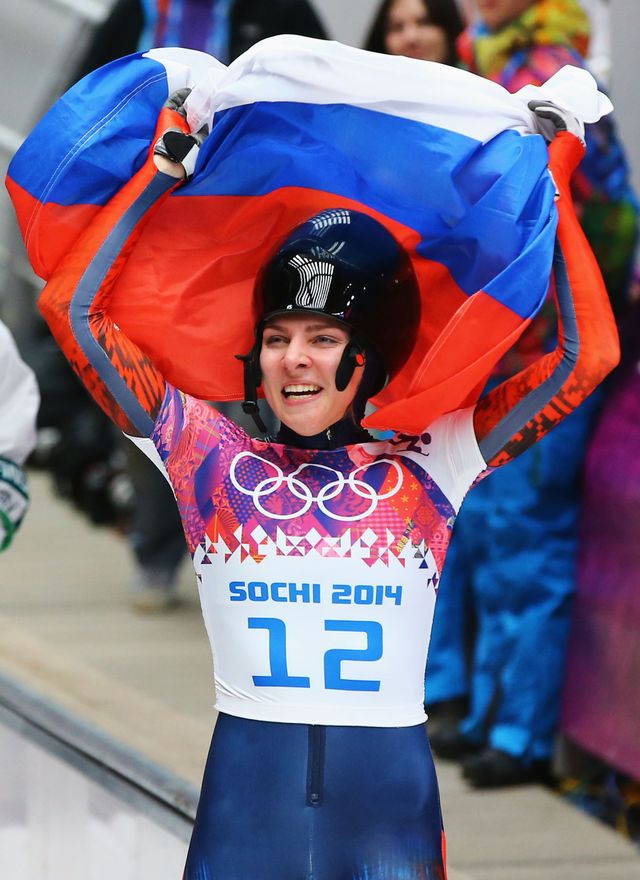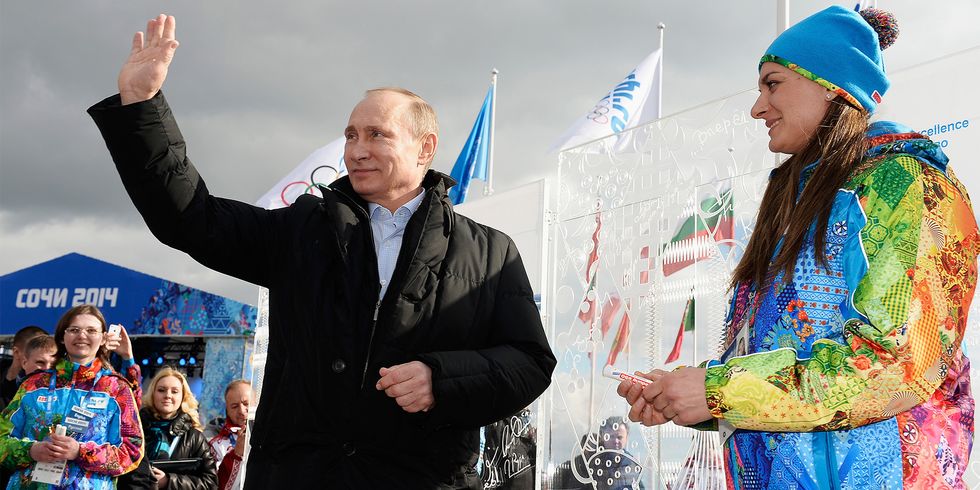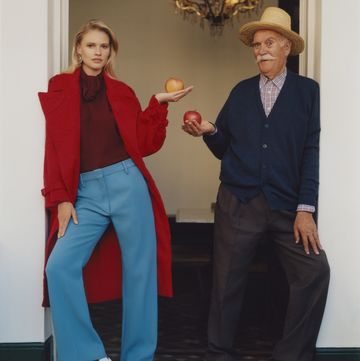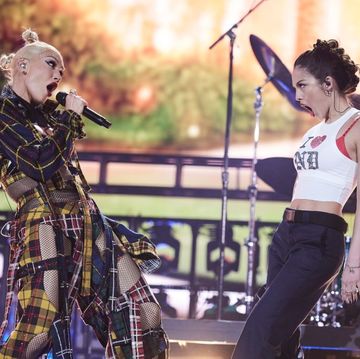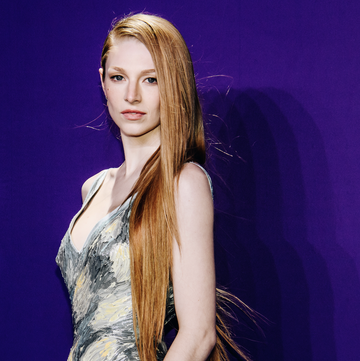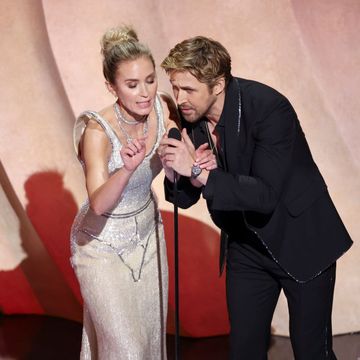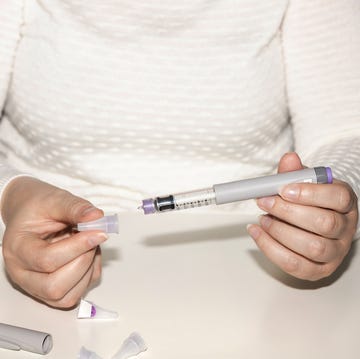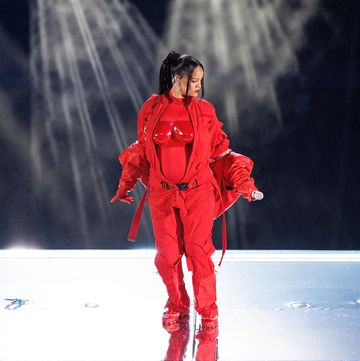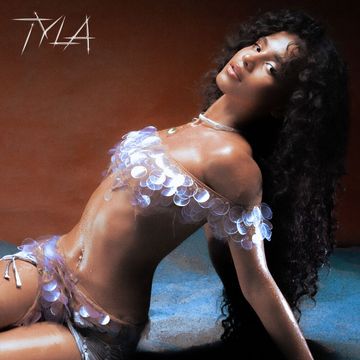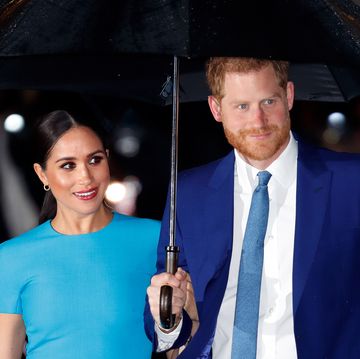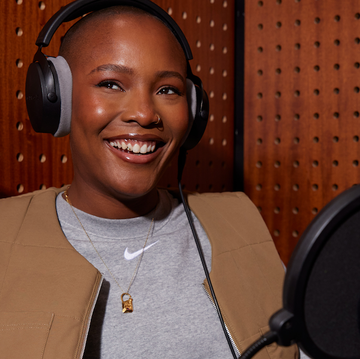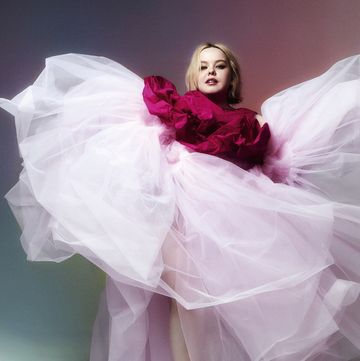Russia is out. Today, International Olympics Committee President Thomas Bach announced the executive board's decision to ban Russia from the 2018 Pyeongchang Olympics.
After one brave doctor blew the whistle on the state-sponsored doping scheme that cheated Sochi; after a blistering documentary exposed the doping program and its links to the Kremlin; after incendiary investigative reports detailed the extent of the cheating; after an IOC commission disqualified 25 Russians from Sochi and banned them for life, stripping away 11 medals, the decision on Russia has finally arrived. The winter sports powerhouse is banned.
No Russian government officials will be allowed to attend Pyeongchang, the flag will not appear at opening ceremonies, and any Russian athletes who receive special permission to compete will do so in neutral uniform.
"Official record books will forever show that Russia won zero medals," the Times wrote.
Today's decision is representative of the IOC taking a hard stance on rampant doping after years of dribbling around the issue. It is a severe punishment, one without precedent in Olympic history. President Putin said in recent weeks that this would be a "humiliation for the country," and that humiliation is now a reality.
Bach said at the IOC's news conference that this doping scheme, "Represents an unprecedented attack on the integrity of the Olympic Games."
And now, as we wait for a response from Russia, the story is far from over.
In recent months, the sporting federations for ice hockey, luge, and curling have made clear that they did not support the total ban. They argue that Russia's absence will negatively impact their sports as a whole and may not be fair to clean athletes.
"Although we recognize the need to confront doping in sport, Olympic participation should not be used to sanction the many for the actions of the few," the International Ice Hockey Federation said in a statement last week.
The problem is that it's extraordinarily difficult to clear individual athletes of doping, especially when they may have been involved in a highly-complex system that involved a hole in the ceiling to secretly transfer dirty and clean samples. This is largely why anti-doping agencies from 37 countries, including the US, advocated for the ban. They call out the scope of the corruption and detail in the reports, essentially saying that few, if any, Russian athletes and leaders could've been unaware that this was happening.
In recent weeks, the most ardent voice in favour of the decision to ban Russia has come from Richard Pound, a senior IOC member and former Olympian. He told the New York Times, "I think it has gone too far, and the government shows no contrition or recognition regarding the established facts," adding that everyone is complicit. "At a certain point, everyone in Russia is part of the corrupted system and must suffer the consequences of such involvement."
Surely, the Pyeongchang Games will not be the same without the Russians.
Some may argue that this decision will damage the fanfare and holistic success of the already beleaguered winter games, losing one of the largest contingencies from competition. Losing Russia is not something the South Korea Games wants. Ticket sales have been slow, nuclear tensions loom on the Korean peninsula, and the absence of NHL players will diminish the appeal of hockey at the Games.
And without Russian athletes, some events might get an asterisk next to their results come February. No doubt, the Russians will claim the Games are not a full-scale, credible event if they're not there.
The Kremlin has not yet commented on the decision, although a boycott might be coming, disallowing any Russians from attending as neutral athletes. Perhaps preemptively, President Bach said at a news conference today that "an Olympic boycott has never achieved anything."
Putin and the Russian Ministry of Sport will likely pursue a full-court press to appeal the decision in the Court of Arbitration for Sport (CAS). This week, on state-sponsored TV, news anchors wore shorts displaying the Olympic rings and the words "No Russia, No Games," and #norussianogames has been making the rounds across state news agencies.
Putin has claimed on several occasions that the United States is pushing the doping scandal as a means of intervening in the upcoming Russian presidential elections in March.
Russia is by no means the only country with athletes guilty of doping, and the doping fight across all sports is far from over. It will only get harder. Russia is guilty of coordinating one of the most extensive doping schemes in the history of sport. The extent of the corruption warranted this decision and the ramifications of this decision will not stop at the Olympics.
Russian appeals aside, we can now look to how this will affect next summer's World Cup. FIFA is a member of the Olympic family, and last week, Vitaly Mutko, the former Russian sports minister who's now leading operations for the 2018 World Cup in Russia, slammed the IOC at a FIFA news conference, rejecting any and all notions of state-sponsored doping. As of today's announcement, Mutko has been banned for life from attending the Olympics.
For now, what we can say is that Russian sport and the Olympic Games will be forever changed as a result of this decision.
